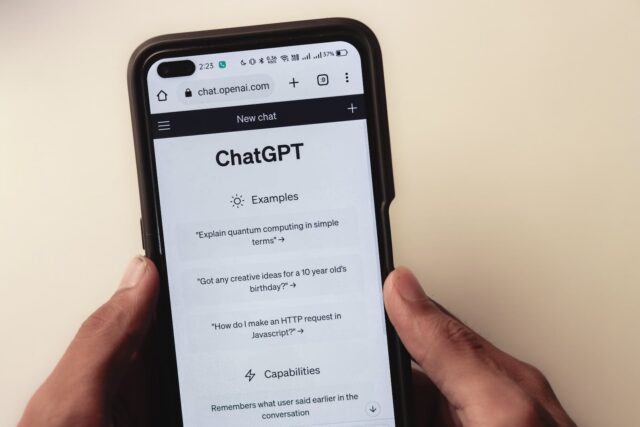
Conversational AI has come a long way in recent years, with the advent of powerful language models like Chat GPT. These models have revolutionized the way we interact with technology, enabling chatbots and virtual assistants to provide more natural and human-like conversations. However, as with any technology, there are always alternatives to consider. In this article, we will explore some of the emerging Chat GPT alternatives and discuss their potential impact on the future of conversational AI.
1. OpenAI Codex
One of the most notable alternatives to Chat GPT is OpenAI Codex. Built on the same foundation as Chat GPT, Codex is a powerful language model that excels at generating code. With Codex, developers can interact with the model in a conversational manner, asking questions and receiving code snippets as responses. This makes it an invaluable tool for programmers looking to speed up their workflow and get instant code suggestions.
2. Microsoft DialoGPT
Microsoft DialoGPT is another compelling alternative to Chat GPT. Developed by Microsoft Research, DialoGPT focuses on generating more coherent and contextually relevant responses in conversational settings. With its improved dialogue capabilities, DialoGPT has the potential to enhance customer support chatbots, virtual assistants, and even social chat applications.
3. Facebook Blender
Facebook Blender is a research framework that aims to create chatbots capable of carrying out more engaging and dynamic conversations. Unlike Chat GPT, which tends to generate safe and cautious responses, Blender encourages more creative and interactive dialogue. This makes it a promising alternative for applications that require a higher level of user engagement, such as virtual companions or language learning bots.
4. Rasa
Rasa takes a different approach to conversational AI by offering an open-source platform for building chatbots and virtual assistants. With Rasa, developers have full control over the dialogue flow and can customize their conversational agents to suit specific use cases. This flexibility makes Rasa a popular choice for companies looking to create highly tailored and domain-specific chatbots.
5. IBM Watson Assistant
IBM Watson Assistant is a well-established alternative to Chat GPT, offering a range of tools and services for building conversational agents. With its powerful natural language understanding capabilities, Watson Assistant can understand and respond to user queries across various channels, including voice and text. This makes it an excellent choice for businesses seeking to provide seamless and personalized customer experiences.
In Conclusion
While Chat GPT has undoubtedly made significant strides in advancing conversational AI, it is essential to explore alternative options to ensure a well-rounded approach to building intelligent chatbots and virtual assistants. OpenAI Codex, Microsoft DialoGPT, Facebook Blender, Rasa, and IBM Watson Assistant are just a few of the emerging alternatives that offer unique features and capabilities.
As the field of conversational AI continues to evolve, it is exciting to see the development of these alternatives and the potential they hold for enhancing human-computer interactions. Whether it’s generating code, improving dialogue coherence, or creating more engaging conversations, these alternatives are shaping the future of conversational AI and opening up new possibilities for innovation.












